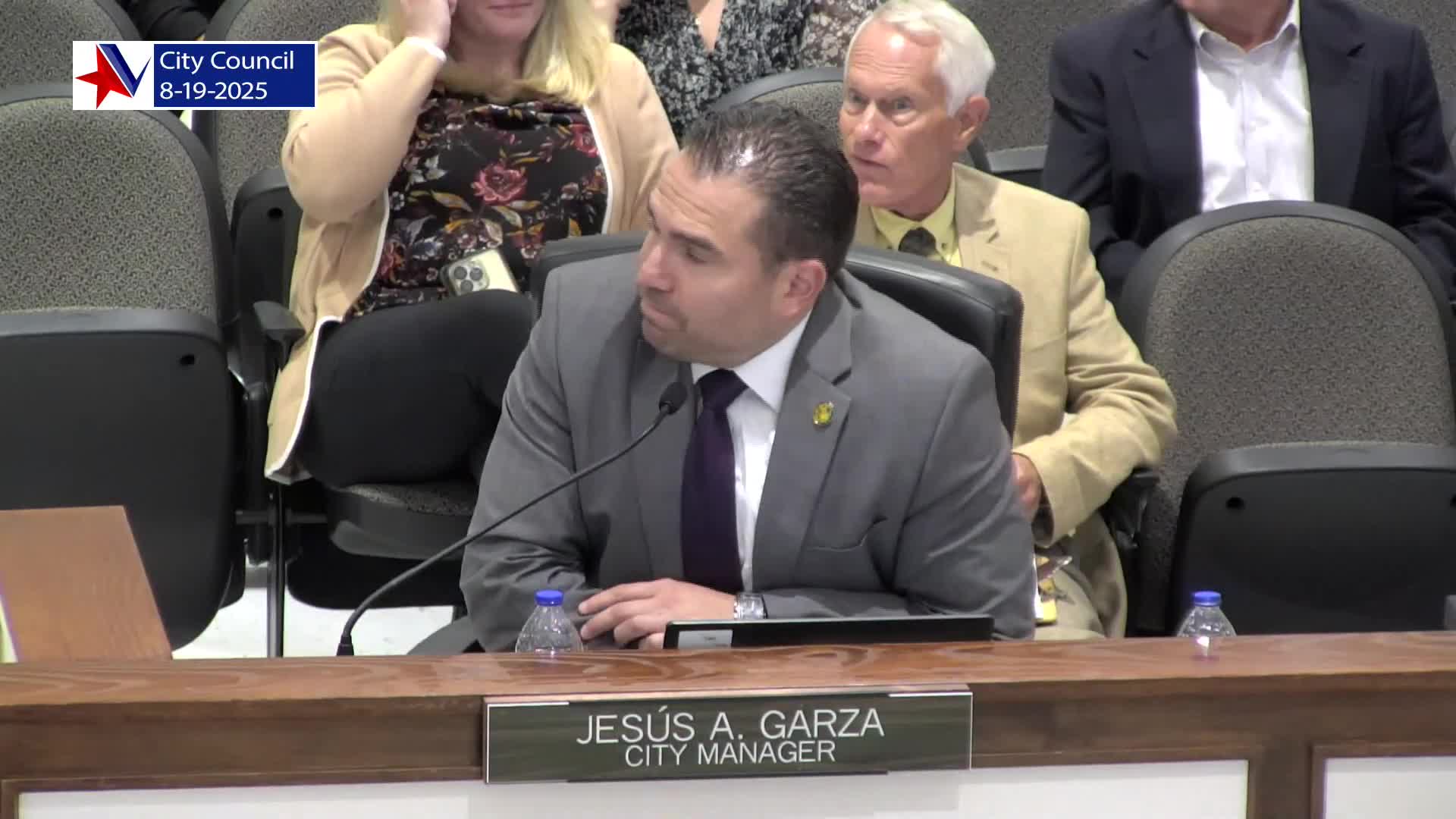County health department, Texas A&M present community health assessment; access to care, housing and food insecurity rise to top
Get AI-powered insights, summaries, and transcripts
Subscribe
Summary
A new community health assessment led by Texas A&M identified access to care, mental health, affordable housing and food insecurity as top community concerns; the county and partners plan to use the 60+ page report for grant applications and program planning.
The Victoria County Public Health Department and partner organizations presented an updated community health assessment prepared by Texas A&M School of Public Health, the first update since 2014. Staff and the health department summarized survey and secondary-data findings showing access to care, mental health, affordable housing and food insecurity as the highest-ranked community needs.
Lisa Kiner, a community health worker at the Victoria County Public Health Department, said the assessment combined 605 valid household surveys, more than 200 participants in 12 community discussion groups, and secondary indicators (CDC, census, DSHS, county health rankings). "The major community concerns by everybody who took the survey and came, was access to care, mental health, affordable housing, and food insecurity," Kiner said.
Key findings cited: high rates of hypertension, obesity and high cholesterol; a notable share of residents (34 respondents in the survey) reported fair or poor health; 27% said in the prior 12 months they had to choose between buying food, paying rent or purchasing medication; 33% reported both food insecurity and making trade-offs among necessities. The county's motor-vehicle death rate and alcohol-impaired driving deaths exceed state and national averages; teen birth rate and chlamydia diagnosis rates also exceed state and U.S. averages.
The assessment found mental-health services had the lowest accessibility rating among care types; cited common barriers as cost, lack of insurance coverage for services, and lack of knowledge about where to obtain care. Victoria County remains designated as a Health Professional Shortage Area, and a higher-than-average share of respondents used emergency rooms because they had no regular source of care or had no insurance.
Report organizers recommended using the assessment to support grant applications and to guide multi-agency collaborations. Kiner said the full report (60+ pages) will be posted on the Victoria County Public Health Department website and paper copies are available at the health department.
Council thanked the presenters and indicated the findings should inform future local planning, grant-seeking and partnerships to address homelessness, transportation reliability, mental health and food access.
